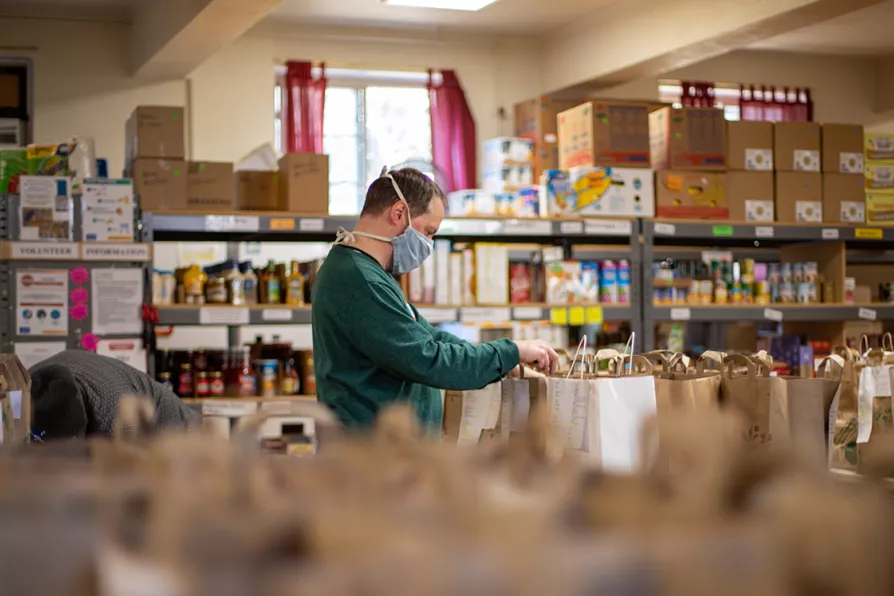Development of millions of children to be blighted if government fails to act on cost-of-living crisis, experts warn
Meanwhile, leaked Treasury analysis shows gas and electricity companies could rake in up to £170bn in profits

 [Aaron Doucett / Creative Commons]
[Aaron Doucett / Creative Commons]
A SIGNIFICANT humanitarian crisis blighting millions of children’s development is on the way if the government does not act to prevent British households from plunging into poverty, experts have warned.
High fuel costs and rising poverty are damaging health and this “profound impact” will worsen over the coming winter, widening inequality, according to a report by the UCL Institute of Health Equity (IHE).
It comes as a leaked Treasury analysis today revealed that Britain’s big gas and electricity producers could make excess profits of up to £170 billion over the next two years.
Similar stories

World Health Organisation warns that 'current rates of improvement are insufficient'













